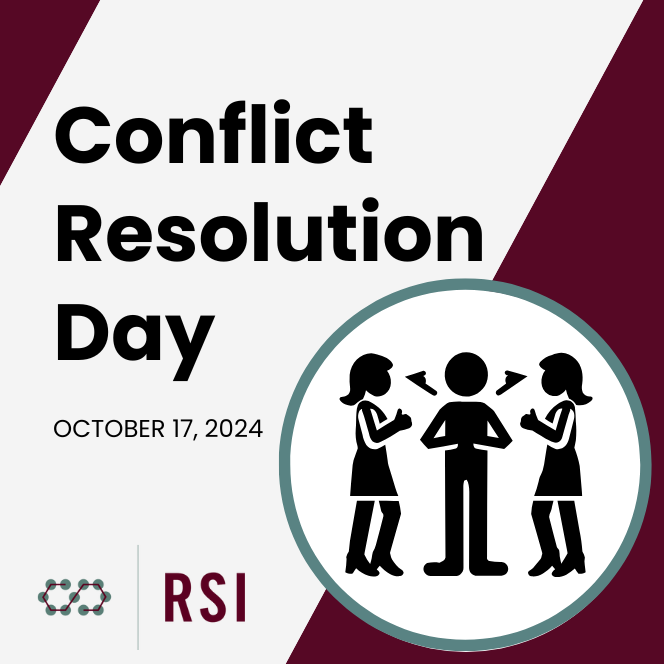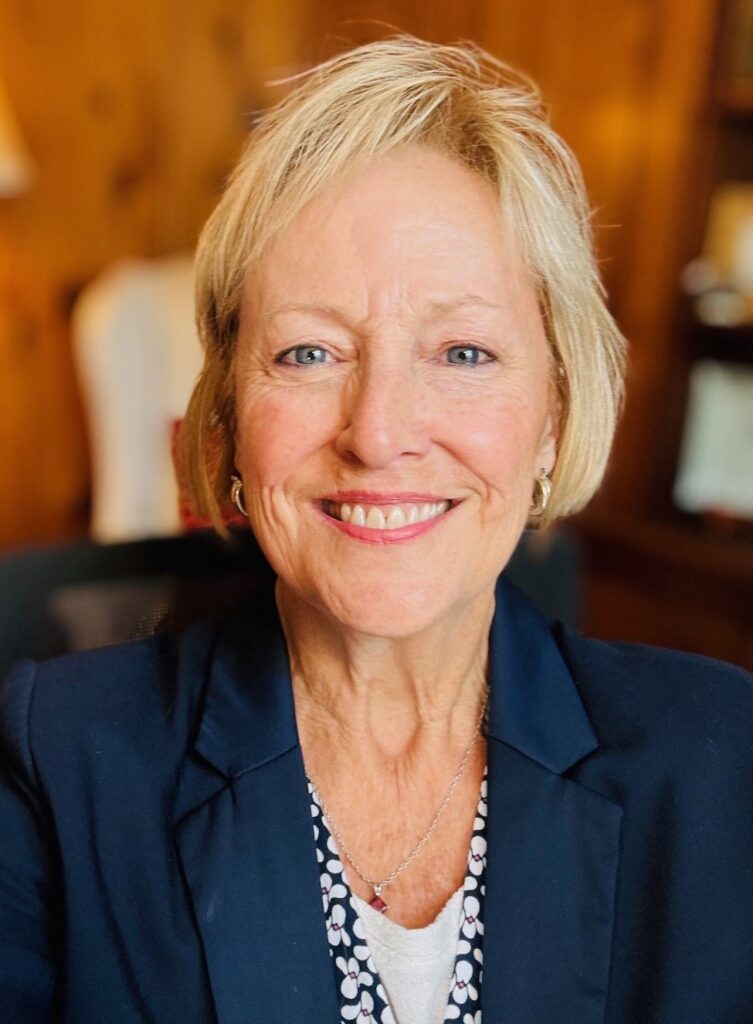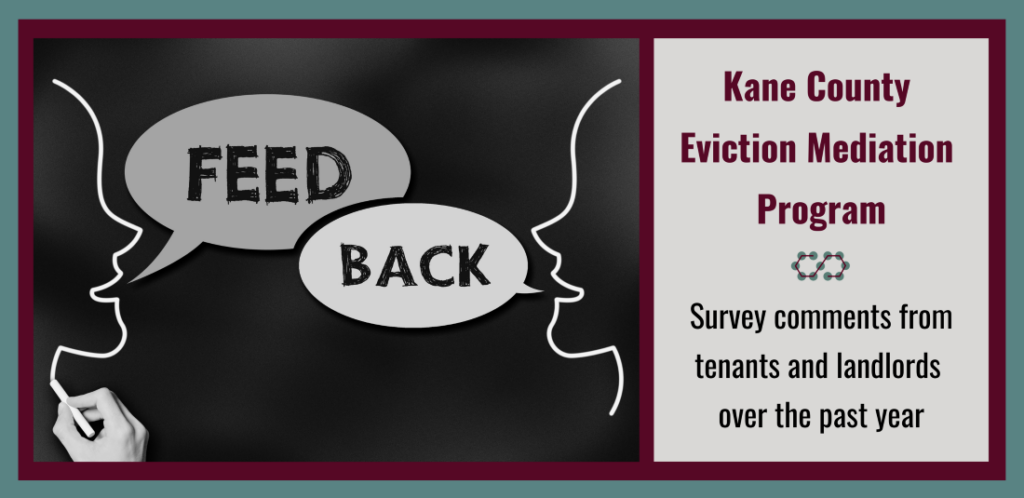Housing insecurity and domestic violence are deeply intertwined. In fact, according to research cited by the American Bar Association’s Commission on Domestic and Sexual Violence, 38% of domestic violence victims experience homelessness, and over 90% of homeless women have experienced severe physical or sexual abuse at some point in their lives. Recognizing this correlation, RSI sought to improve our eviction mediation program and better serve participants who have been affected by domestic violence.
Late last year, RSI applied for funding from the Illinois Equal Justice Foundation (IEJF) to support training our mediators on how domestic violence can affect victims and enable us to develop a more robust screening process to better identify any potential mediation cases involving domestic violence. Since receiving funding in January, we screened approximately 500 eviction mediation cases for instances of domestic violence. Of those cases, 13 were identified as involving domestic violence or intimate partner violence, and victims were referred to a variety of resources. Nine of those cases had mediation process adjustments as a result of domestic violence, such as only using separate Zoom breakout rooms or being assigned the specific gender of mediator requested.
What We Needed
Since the inception of the Kane County Eviction Mediation Program in 2021, RSI’s staff has been committed to creating safe mediation spaces for all parties involved. Designing respectful and responsive spaces for our program participants helps us effect our mission of strengthening access to justice by enhancing court alternative dispute resolution (ADR) systems.
Over the last few years, our program routinely noted instances of domestic violence affecting the parties in our eviction cases. While our staff and mediators tried to remain sensitive to our participants’ emotions and how their experiences might affect the mediation, none of our mediators had domestic violence training, so they were not as well prepared to adjust the mediations to ensure the safety of parties with a history of domestic violence. Additionally, it was difficult for our program and mediators to understand the scope of the issue without a proper screening process. Thus, in November 2024 when an opportunity became available, RSI’s Kane County Eviction Mediation Program applied for grant funding from IEJF to assist survivors of domestic and intimate partner violence through civil legal services and legal information.
What We Developed
With funding secured, we designed a system to screen for domestic violence prior to eviction mediations and to modify mediations when domestic violence has been present to promote the safety of the parties involved. To screen for domestic violence, we added three questions to our intake process for all parties. These questions asked if anyone who currently lived with them, anyone they were in a relationship with, or the other party in their case had made them afraid, controlled them, hit them or contacted them in unwanted ways. We also asked if they had a current order of protection.
While it can be difficult to understand the human impact of our program modifications purely based on the number of cases, referrals and process adjustments, the specific instances of domestic violence that participants shared with our staff left a lasting effect.
If warranted based on a party’s response to those questions, a staff member then went through the MASIC-S questionnaire with the party to determine what types of modifications were needed. (The MASIC-S is a research-validated screening tool to help mediators identify the types and severity of domestic violence involved. Depending on the party’s responses, it recommends modifications to the mediation process to maintain participant safety.)
While updating our intake process, we also worked to better train our staff and mediators on how to handle domestic violence issues. We held three separate trainings — hosted by the Community Crisis Center in Elgin, Illinois; RSI; and the Center for Conflict Resolution in Chicago. These domestic violence trainings focused on awareness of victim impacts and needs, how to have compassionate discussions about abuse disclosures and trauma-informed practices. Sixteen mediators on our program roster attended all three trainings and became eligible to mediate eviction cases that included a party who had experienced domestic violence.
In June, we decided to eliminate the more intensive MASIC-S step because the full screening took over an hour to complete and the advice provided after the party responded was essentially the same as what our program would have done without using the MASIC-S. There was also a sense among staff that the MASIC-S step may have been retraumatizing for the involved party, and we could not always provide immediate supportive resources to address these reopened wounds.
Who We Helped
Of the 500 defendants screened for domestic violence, 13 defendants were flagged and referred to outside services. All 13 were referred to legal advocacy, rent assistance and housing counseling services. We also gave 29 additional support service referrals to these tenants, including referrals to disability support services, immigration support services, victim support services, food assistance, utilities assistance and homelessness prevention services. Three of the defendants we referred to legal services ended up being represented by a pro bono attorney.
We held mediations for 11 of the 13 cases involving domestic violence. One was dismissed, and another has yet to take place. Based on our screening, we made safety- and security-related process adjustments for nine of the mediations. The process adjustments included keeping the parties in separate Zoom rooms in six of the mediations, holding an early caucus for one case, allowing a support person to attend with the involved party in one case, and providing a female mediator in one case. Eight mediations ended with an agreement. Seven of these agreements were for the tenant to move out; another was an agreed dismissal order, since the tenant had already moved out. These agreements gave tenants the opportunity to avoid the financial and emotional impacts of eviction while also affording them more time to move out.
While it can be difficult to understand the human impact of our program modifications purely based on the number of cases, referrals and process adjustments, the specific instances of domestic violence that participants shared with our staff left a lasting effect.
In a particularly disheartening case, a female tenant reported being sexually assaulted, verbally abused and intimidated by her male landlord over the course of about five months. As a result of her background, she was wary of the police, and she disclosed to our staff that her landlord actively worked to reinforce those fears. She was terrified that divulging his exploitations would hurt her family. Yet as a result of the abuse, she told us, she was forced to go to the hospital for prescription treatment. Shortly after getting medical care, she reported the abuse to the police but did not find their response helpful. Upon returning home, she found that her abuser had locked her out of her unit.
Soon after, the landlord filed an eviction case; he also continued to threaten and intimidate her throughout the court process, she said. When the eviction case was referred to our mediation program, RSI staff referred her to pro bono legal, immigration and victim advocacy assistance. Throughout the mediation process, our program worked with the tenant to get her into a safe living space. In the end, the woman was able to move out prior to mediation. Her landlord dismissed the eviction case without seeking money and without entering a formal eviction onto the tenant’s record.
In another case, a tenant’s past violent relationship was impacting her current livelihood. Several years ago, this tenant was locked out of her partner’s house during a domestic violence incident. This forced the tenant to get an apartment by herself for the first time. She enrolled in a housing assistance program at a nearby domestic violence support organization. After this assistance ran out, the tenant became distressed and ultimately depressed; she could not maintain employment and, by the time she came into contact with our eviction program, she was several months behind on rent. Additionally, as a result of a previous domestic violence incident with her abuser, she could not obtain free legal aid to help with her eviction case.
Our program adapted to the tenant’s unique needs and pivoted from our traditional referrals. We provided services to a different local domestic violence resource, as well as resources for a local hospital that treats depression. We also referred her to rental assistance and a homeless shelter with additional resources.
The mediation resulted in a moveout order and a payment plan. The tenant avoided eviction, had a plan to pay off her debt, and was given support in finding affordable housing. In this way, we were able to help the tenant stem the damage from her past domestic violence experiences. Moreover, the landlord was made whole financially, and the unit was ultimately returned to their possession.
In yet another instance, the program helped a defendant who was living with her abusive boyfriend during an eviction case. During the intake process, the tenant disclosed her physically and emotionally abusive living circumstances. First, our program staff worked with the tenant to create a safety plan while she was still living with her abuser. Then, we supported moving her and her ten children out of their current living situation. Additionally, our program connected the tenant to a variety of resources, including an agency that could help with both domestic violence and housing counseling, a rental assistance program and our legal aid partner.
What We Learned
In six short months, RSI’s eviction mediation team was able to improve its screening techniques and better assist domestic violence victims involved with our program. Whereas previously we only learned of domestic violence if a party happened to bring it up, we now have a clear system in place to sort the cases and help prepare mediators and parties to make appropriate adjustments. Because we are screening every case, we have the opportunity to provide parties access to support resources prior to their mediation if they seek it; in some cases, this resulted in a faster and smoother resolution for both the landlord and the tenant.




